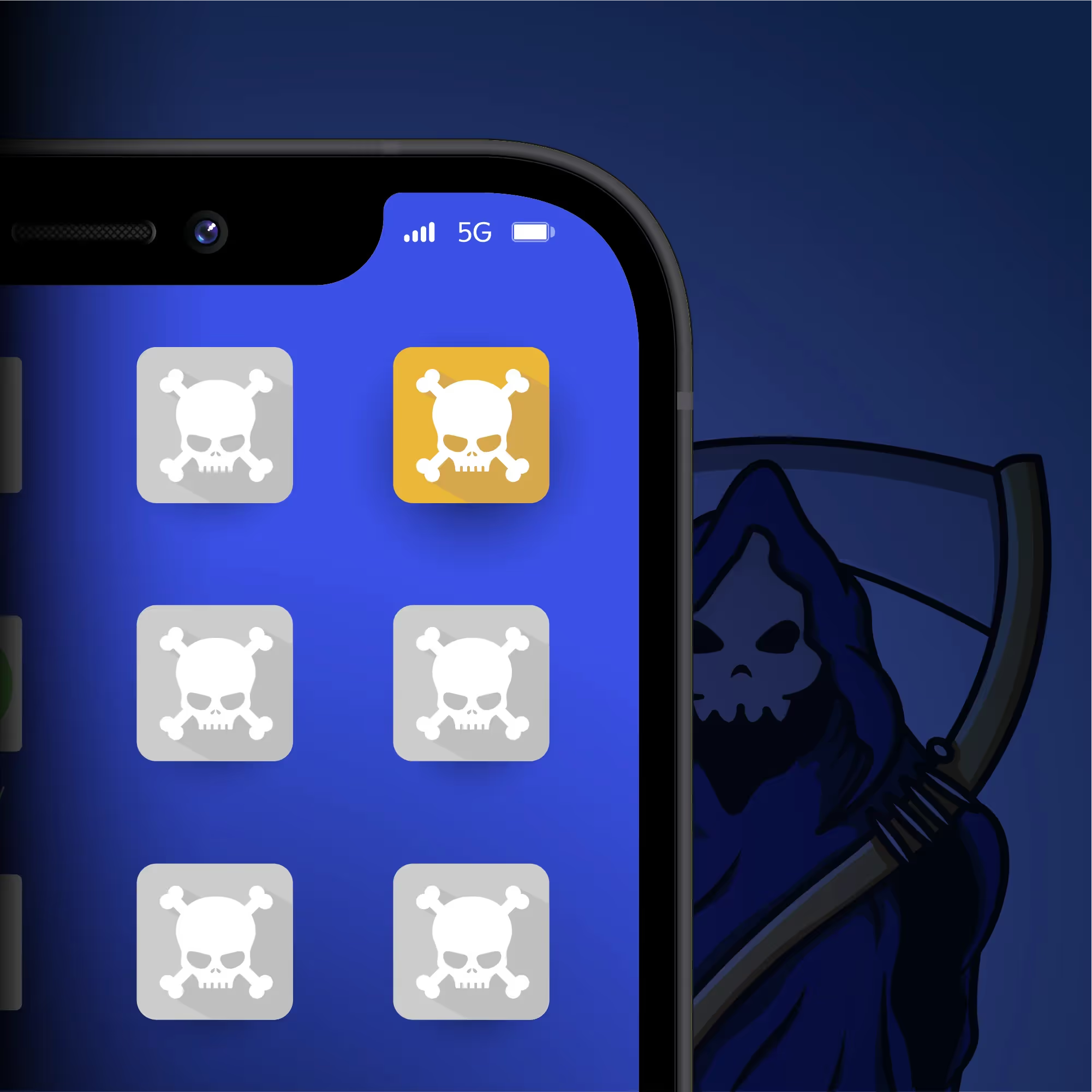AI-powered ephemeral apps are science fiction
In this vision of the future, traditional apps would be replaced by ephemeral “micro apps”—temporary, single-purpose tools generated by AI in response to a user’s specific needs. Imagine requesting a dinner party planner and your AI assistant generates an app that creates guest lists, shopping lists, recipes, and timers which vanish once the leftovers are cleared. Or asking your assistant for a personalized fitness plan and getting an app tailored to your goals that fades away until the next scheduled workout.
These ephemeral apps are a vision of the hyper-personalized future AI could enable—bespoke interactions crafted for the moment, where each conversation becomes an opportunity for us to surprise and delight users.
At the moment, it might feel like Star Trek-level science fiction. But, AI-generated personalized experiences prompted by conversation alone are possible right now. There’s been rapid progress in how large language models (LLMs) are being applied to both consumer and business products with the rise of ChatGPT and Claude. What was promised by tech giants feels like it’s actually here—a personalized assistant that can do more than turn on the lights or tell you the weather.
Those who still have their heads buried in the Web 2.0 sand will see the rise of LLMs as an opportunity to integrate it into existing applications (see Microsoft and Google’s AI announcements). But this is just a stopgap. Conversational AI isn’t another tool in our crowded app drawers—this industry has the potential to replace the drawers altogether. Why start a new spreadsheet or draft an email? Why not ask your assistant to build a budget template from scratch or draft and send that email to your accountant?
"Conversational AI isn’t another tool in our crowded app drawers—this industry has the potential to replace the drawers altogether."
One day our most common needs will be easily managed by voice and text requests of our AI assistants, rather than consulting the cacophony of ill-matched apps on our phones. Tech neologisms like "software" and "interface" will disappear from our vocabulary. We won't care how the AI does what it does. We'll just expect that it does the tasks we require of it—quickly and effectively.
Tech companies and consulting firms are already bracing for this transition. They're pouring resources into conversational AI in hopes they can outrun obsolescence. The age of AI may arrive one small convenience at a time—today it’s ChatGPT writing recipes; tomorrow, it’s the assistant guiding you through each step as you cook.
But make no mistake, apps are merely a stop on the journey to a far more innovative destination. The AI revolution has begun, and your apps—all your precious apps—are about to be left in the dust.
AI-powered ephemeral apps are science fiction
In this vision of the future, traditional apps would be replaced by ephemeral “micro apps”—temporary, single-purpose tools generated by AI in response to a user’s specific needs. Imagine requesting a dinner party planner and your AI assistant generates an app that creates guest lists, shopping lists, recipes, and timers which vanish once the leftovers are cleared. Or asking your assistant for a personalized fitness plan and getting an app tailored to your goals that fades away until the next scheduled workout.
These ephemeral apps are a vision of the hyper-personalized future AI could enable—bespoke interactions crafted for the moment, where each conversation becomes an opportunity for us to surprise and delight users.
At the moment, it might feel like Star Trek-level science fiction. But, AI-generated personalized experiences prompted by conversation alone are possible right now. There’s been rapid progress in how large language models (LLMs) are being applied to both consumer and business products with the rise of ChatGPT and Claude. What was promised by tech giants feels like it’s actually here—a personalized assistant that can do more than turn on the lights or tell you the weather.
Those who still have their heads buried in the Web 2.0 sand will see the rise of LLMs as an opportunity to integrate it into existing applications (see Microsoft and Google’s AI announcements). But this is just a stopgap. Conversational AI isn’t another tool in our crowded app drawers—this industry has the potential to replace the drawers altogether. Why start a new spreadsheet or draft an email? Why not ask your assistant to build a budget template from scratch or draft and send that email to your accountant?
"Conversational AI isn’t another tool in our crowded app drawers—this industry has the potential to replace the drawers altogether."
One day our most common needs will be easily managed by voice and text requests of our AI assistants, rather than consulting the cacophony of ill-matched apps on our phones. Tech neologisms like "software" and "interface" will disappear from our vocabulary. We won't care how the AI does what it does. We'll just expect that it does the tasks we require of it—quickly and effectively.
Tech companies and consulting firms are already bracing for this transition. They're pouring resources into conversational AI in hopes they can outrun obsolescence. The age of AI may arrive one small convenience at a time—today it’s ChatGPT writing recipes; tomorrow, it’s the assistant guiding you through each step as you cook.
But make no mistake, apps are merely a stop on the journey to a far more innovative destination. The AI revolution has begun, and your apps—all your precious apps—are about to be left in the dust.







.svg)